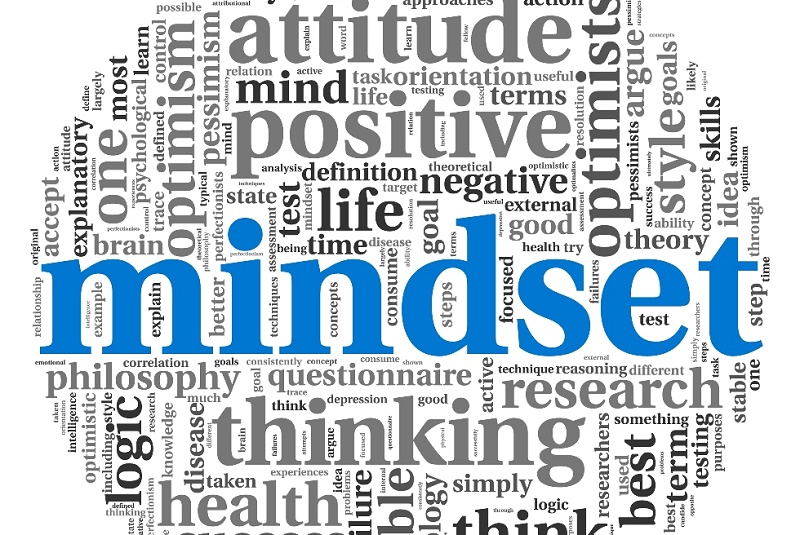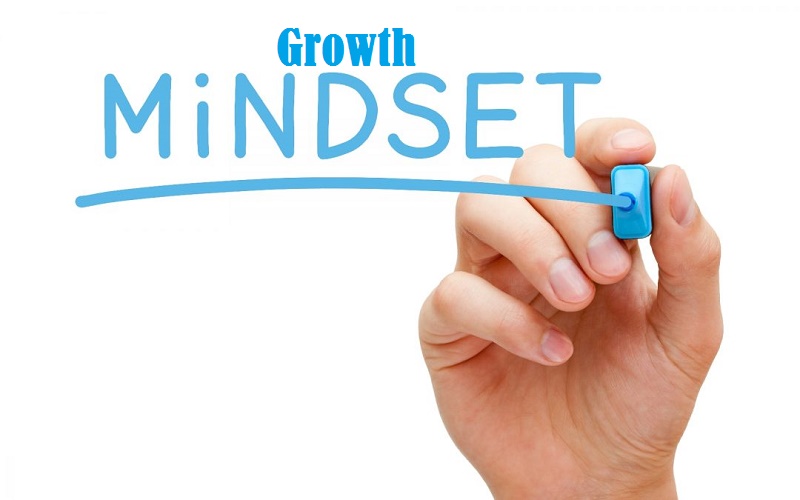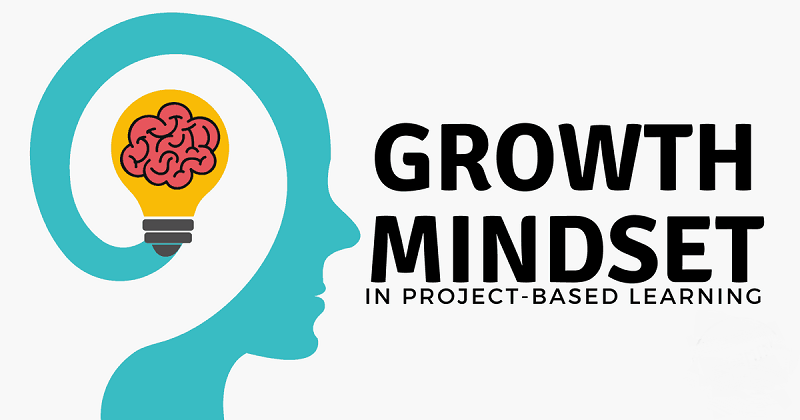Today I want to share with you a very special term. It is about the growth mentality, an expression coined by Carol S. Dweck, professor of psychology at Stanford University and of whom I spoke at the time in this blog about what is meant by determination.
Growth Mindset or growth mentality comes to be a declaration of intentions about what attitude we should approach in order to achieve a goal, in order to obtain a success. Keep reading: How to teach kids to read? Learning methods to teach
Do you want to know more about the growth mindset? If yes, I will be happy to be with you in reading this article.
What is the growth mindset?

The fixed mentality resides in those people who have the conviction that intelligence and skills are talents that come from nature itself and that cannot be modified or developed. It is a type of people who focus mainly on the results rather than the processes. Hence, they shy away from challenges, give up easily and lose interest in something that requires constant effort and dedication.
Therefore, people who have this mentality:
- They do not believe in the culture of effort as a method for achieving an achievement.
- They understand challenges as threats.
- The error is synonymous with failure and not learning.
- They are little given to constructive criticism or advice and tend to be defensive.
On the other hand, the growth mentality starts from the fact that talent and skills can be developed. This means that the people who possess some talent are because they work that skill from concrete strategies. But the most important thing is that people who do not possess a certain talent do not possess it because they have not yet developed it.
So in the growth mindset:

The effort is seen as inherent in any learning process. It is precisely the effort that makes it possible to grow in a certain skill.
They understand challenges as necessary and, therefore, do not shy away from them. Moreover, they are able to overcome despite adversity because they are resilient people.
They are aware that mistakes are part of learning and any attitude of improvement.
They are good listeners and, therefore, listen and value constructive criticism and advice because they are a process of their learning.
People who have a growth mindset are able to live a life with a lower stress load and are more likely to achieve their goals, to achieve their successes.
In a fixed mindset, students believe that their basic skills, intelligence, talents, are fixed traits. They have a certain amount and that’s it, and then their goal is to look smart all the time and never look silly. Mindful students understand that their talents and abilities can be developed through effort, good teaching and persistence. They do not necessarily believe that everyone is the same or that someone can be Einstein, but they believe that everyone can be smarter if they work on it.
At this point it is important to point out that people do not exclusively possess a fixed mentality or a growth mentality. Throughout their life it is normal to have one or another mentality. The important thing is to realize at what moment and in what circumstances the fixed mentality occurs and in what way we can turn it into a growth mentality. And how to encourage the growth mindset among the youngest?
Surely this was the question you were asking while reading this article. Well, among your answers there is one that has somehow become the most important starting point to convert a fixed mindset into a growth mindset. It is about the concept of determination or also known as true grit.
The determination as for the key to achieving a growth mindset

When we speak of determination, we must speak of Angela Duckworth, a researcher who proposed as a great personal and professional challenge to discover what aspects or factors made possible the personal and professional success of the people. And he came to the conclusion that the unifying element of these people was, precisely, the determination:
“Passion and perseverance to achieve goals and the very long term”
Thus, A. Duckworth also insists that determination should not be confused with motivation. These are some of the key points of the determination:
-
Action
Determination implies the resolution of something, that is, the determination has the quality to go beyond the mental state and become an actor, an action on what your students want to learn.

-
Long duration
The determination is characterized by going beyond. The determination is a marathon, a long distance race. The problem of motivation is the short duration that sometimes implies. How long can a student’s motivation last? What is involved is not that the students are motivated, but that they have the determination to do what they want in a long period of time.
-
Courage and courage
Determination has its fundamental qualities courage and courage. Why? Very easy. Because you do not reach a goal without being aware of the obstacles. While the motivation has very much in mind the final goal, the determination is fully aware of the journey and effort involved in any learning. And because he is aware of the length of that trip, he has as his best courage.

-
Future
While the motivation is installed in the present or in the immediate present, the determination clings to the future. This is what Angela Lee Duckworth expresses in the famous TED conference:
The determination is passion and perseverance to achieve very long-term goals. The determination is to have resistance. The determination is to hold on to your future, day after day, not just for a week, not just for a month, but for years and working really hard to make that future a reality. The determination is to live life as if it were a marathon, not a race at full speed. (…) What I do know is that talent does not give them the determination [referring to the students].
-
Happiness

Determination prevails happiness over success. Because the real success is that your students are happy and they are learning it. For me, it is not about teaching to know, but teaching to be happier. Because happiness is one of the most powerful weapons for learning.
-
Emotional intelligence
It is not possible to reach the determination if emotional intelligence is not worked. Just as motivation seeks success from knowledge, that is, from conceptual intelligence, from cumulative learning, the determination is very clear that you cannot learn, that you cannot be happy if there is no balance between emotional and intellectual. It is precisely the emotional strength that will be able to reach the goal in that background race that involves learning. And for this it is essential that your students have confidence in themselves, a good self-concept, practice empathy and be resilient before the difficulties that are found on that path.
-
Desire
While the determination is driven by the desire to learn, motivation can sometimes tend to the need for learning. This difference seems essential to me, because the school promotes more the need than the desire in the learning. It is enough to ask your students why they study, why they learn what they learn. They do not ask assiduously that learning can come from curiosity and that curiosity is what fosters desire. And when a student has the desire to learn is exponential.
A mentality of growth and determination as for the key to school success.
How many times have you heard the expression “want is power”. Well, to be able to reach the growth mentality, we must begin by being clear that we must not do it from motivation, from the search for immediate results, but from determination, resilience, and empathy, the value of effort and capacity. to change to seek, at least, be happy without giving up our goals, our goals, ultimately, our dreams. You might also like: http://blogbbw.net/factors-to-consider-before-immigration-to-angola/









